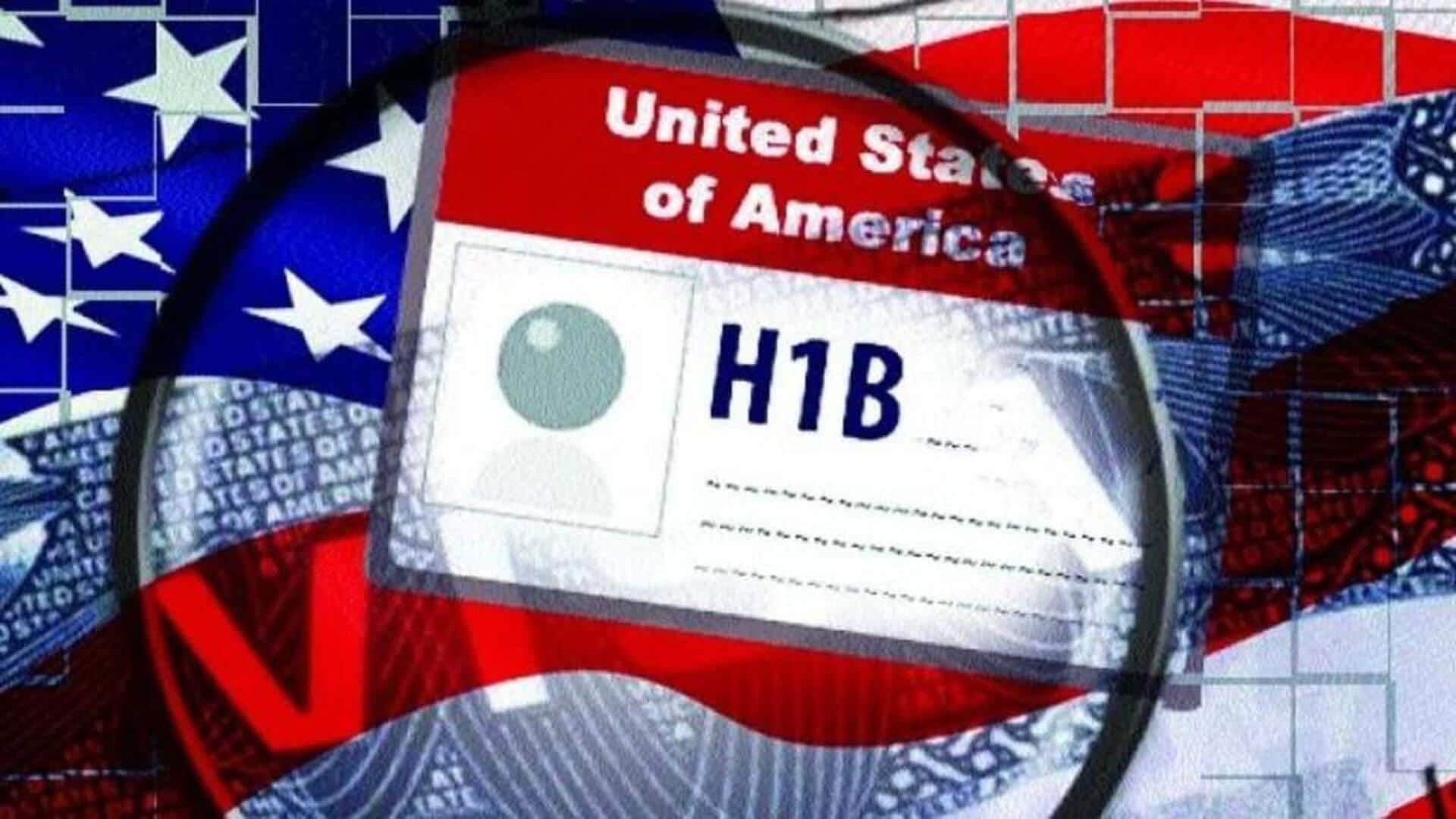
How higher H-1B fees threaten jobs, profits, India's IT outlook
What's the story
India's IT services export growth could fall below 4% due to the recent surge in H-1B visa fees, a new report by Emkay has said. The report had previously projected a 5% growth for FY26 and a 7% CAGR over the next five years. However, it now warns that these projections may be revised downward due to sustained risks associated with the H-1B visa fee hike and the evolution of global capability centers (GCCs).
Export figures
IT and software exports in FY25
The report highlights that India's IT and software exports stood at a whopping $181 billion gross and $160 billion net in FY25. GCCs contributed over $65 billion in gross exports. The evolution of these GCCs and the adoption of new growth models by IT firms will be crucial in determining the sector's future, according to Emkay's report.
Fee implications
Visa fee hike may disrupt traditional export models
The Donald Trump administration recently raised H-1B visa fees significantly, from the previous range of $1,500-$4,000 to $100,000. While this change doesn't affect existing visa holders or renewals, it could have a major impact on Indian IT companies that rely heavily on new on-site visas. Emkay's Chief Economist Madhavi Arora said if these higher fees persist they could disrupt traditional export models and pressurize project margins in the long run.
Professional anxiety
Death of traditional onsite business model
The significant increase in H-1B visa fees has created a wave of anxiety among Indian IT professionals. They fear the policy will upend a decades-old business model that turned Tamil Nadu and Karnataka into global IT powerhouses. Anivar Aravind, an IT professional from Kerala, called this change "a fundamental change that marks the death of the traditional onsite business model."
Family impact
Middle-class families face financial burdens
The impact of the visa fee hike is not limited to IT professionals but also extends to their families. Many middle-class households are now facing additional financial burdens due to these changes. KV Mariyam, a government school teacher in Nilgiris, said her son's postgraduate study plans were overshadowed by this announcement. "Families like ours make sacrifices for years to support a child's dream," she said.
Entrepreneurial worries
Potential two-tiered system emerging
The changes also threaten to create a two-tiered system where large multinationals may absorb the costs while smaller firms are left with impossible calculations. Mahesh Kapoor, CEO of a Bengaluru-based start-up, warned that this move would dent revenue and force smaller firms to rethink their US operations. An HR manager of one multinational tech company said: "The new fees create two classes of professionals—those backed by large companies that can pay, and those left stranded by smaller firms or consultancies."
Silver lining
Reverse migration predicted by industry veterans
Despite the concerns, some industry veterans see potential benefits in forcing talent to remain in India. Infosys veteran Mohandas Pai said the fee hike would "accelerate offshore delivery and expand India's Global Capability Centers." Kunal Bahl, co-founder of Snapdeal, predicted reverse migration due to these new rules. He said a large number of talented people will be coming back to India because of this change.